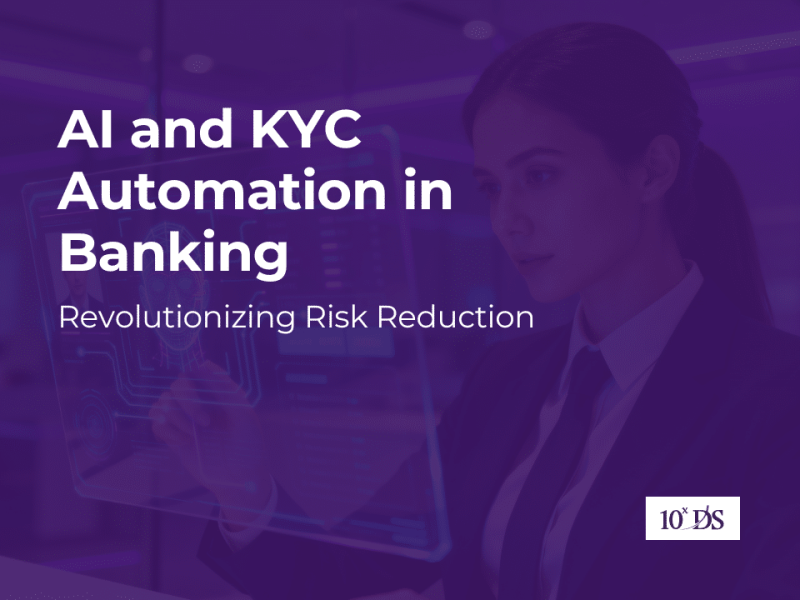
Leveraging Digital Transformation Consulting for IT Success
Digital Transformation Consulting has evolved from being a niche service to an essential strategy for organizations navigating the complexities of modern digital change. Initially focused on technology implementation, it now encompasses strategic alignment of business goals with digital initiatives, process reengineering, and cultural transformation. With the rapid advancement of technologies like AI and IoT, consulting has become essential for continuous innovation and agility, ensuring businesses not only adapt but thrive in an increasingly digital landscape.
The Importance of Digital Transformation Consulting
Smart businesses proactively engage in digital transformation consulting to stay ahead of the curve. They understand the necessity of aligning their technology strategies with business goals to enhance efficiency, innovation, and customer experience. By partnering with experienced consultants, these organizations equip themselves with the latest technologies, streamlined processes, and robust cybersecurity measures, all while maintaining the agility needed in a rapidly changing market. Key components of digital transformation consulting include:
- Strategic Planning and Alignment: Effective digital transformation consulting begins with developing comprehensive IT strategies that align with your business goals. This involves understanding specific challenges such as digital transformation, process optimization, and technology adoption. By aligning these strategies with business objectives, organizations can ensure that their digital investments drive tangible results.
- Technology Integration: Implementing the right technologies is crucial for improving performance and streamlining operations. Digital transformation consultants help organizations integrate cutting-edge technologies and systems, enhancing data management and overall efficiency. This integration is often tailored to fit the unique needs of the business, ensuring that the technology works seamlessly within existing workflows.
- Process Optimization: One of the primary goals of digital transformation consulting is to refine business processes. By analyzing current operations, consultants identify inefficiencies and implement advanced tools to automate and streamline these processes. This not only reduces costs but also increases productivity, allowing businesses to focus on strategic growth rather than routine tasks.
- Cybersecurity: As businesses increasingly rely on digital platforms, the importance of cybersecurity cannot be overstated. Digital transformation consulting includes strengthening security measures to protect sensitive data and systems from threats and breaches. Ensuring compliance with industry standards and regulations is a key aspect of this process, safeguarding the business against potential risks.
- Data Analytics: Leveraging data analytics is critical for informed decision-making. Digital transformation consultants help organizations utilize advanced analytics and business intelligence tools to gain insights, driving strategic initiatives and improving customer experiences. This data-driven approach enables businesses to anticipate market trends and make proactive decisions.
- Change Management: Adopting new technologies and processes can be challenging. Digital transformation consultants play a crucial role in guiding organizations through this transition, providing training, support, and strategies to ensure a smooth implementation. Effective change management minimizes disruption and helps employees adapt to new systems and workflows.
Some Common Scenarios for Digital Transformation Consultation
Businesses often encounter specific challenges that necessitate digital transformation consultation. A lack of proper IT resources, for example, can significantly hinder growth and efficiency. Digital transformation consulting offers solutions to these challenges, including:
- Legacy System Overhaul: Upgrading outdated systems to modern, integrated solutions.
- Inefficient Processes: Streamlining and automating manual tasks.
- Data Management Challenges: Implementing advanced analytics for better decision-making.
- Scalability Issues: Designing IT strategies that grow with your business.
- Cybersecurity Concerns: Strengthening defences with advanced security measures.
- Cost Overruns: Optimizing IT spending and reducing costs.
- Regulatory Compliance: Ensuring systems meet industry standards.
- Customer Experience Improvement: Enhancing customer interactions with CRM tools.
- Innovation and Competitive Edge: Staying ahead by adopting cutting-edge technologies.
Real-World Impact
Investing in digital transformation consulting has long-term benefits, including sustained competitive advantage, increased organizational resilience, and the ability to attract and retain top talent. For example, a recent project in Bahrain demonstrated how modernizing IT strategies can significantly improve operational efficiency, setting up clients for sustained growth in competitive markets. Such success stories highlight the transformative potential of digital transformation consulting across various sectors.
Conclusion
As the pace of technological change accelerates, the window of opportunity to adapt and innovate is narrowing. By partnering with experienced consultants now, organizations can unlock new opportunities, optimize operations, and secure a competitive edge. Acting swiftly ensures that your digital investments not only yield maximum returns but also set a solid foundation for continued growth. Delay too long, and the risk of falling behind becomes too great to ignore—acting now is essential to thriving in the digital era.
For more insights and detailed guidance on how digital transformation consulting can benefit your organization, consider exploring comprehensive services offered by industry leaders like 10xDS, who specialize in crafting IT strategies tailored to your unique business needs.
Talk to our experts to learn more.


